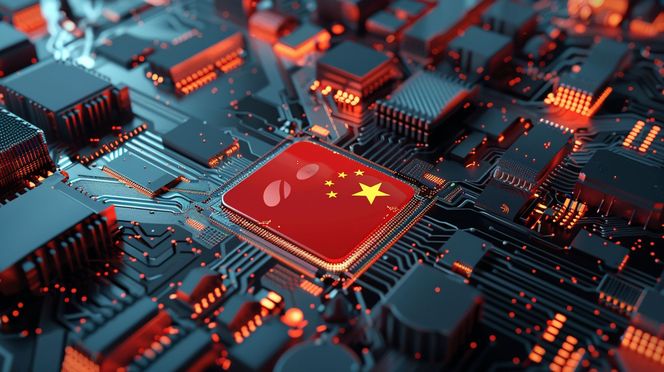TECH NEWS – The Asian region wants to increase the prices of its exported products, and China is watching the results of yesterday’s presidential election…
In a few hours, we will know the name of the next president of the United States. After Joe Biden’s mandate, the next leader of the world’s most important country will be chosen from two people: Donald Trump, who already held this position in 2016 and 2020, or Kamala Harris, the current vice president and direct successor to Joe Biden’s policies. The whole world, including China, is waiting for the winner, as this will largely determine the technological future of the next four years.
So China has already admitted that it is waiting to see who will be the next president of the United States. They will use this information to determine the market’s opportunities. As reported in a recent publication of the Ars Technica portal, the Asian country is waiting for the result to decide what trade tariffs it will apply to its local products. So, if we get the answer to that question, we should be prepared to pay more for laptops, smartphones and video game consoles.
The decision of China could have a huge global impact
The United States would not be the only country to suffer from China’s decision. The tech industry fears it will be forced to raise prices to compensate for the additional costs caused by the tariffs. Thus, although more than 300 billion euros of tariffs have been imposed on Chinese products, the most popular electronic devices have so far been exempted due to pressure from big brands. However, Donald Trump has promised a 60% tariff on Chinese products, which would be four times the current tariffs.
This would lead to a drastic price increase, which would affect everyone.
Thus, according to estimates, an average American family could pay up to 2,400 euros – nearly one million forints – in additional costs per year. This increase would also negatively affect consumers in Europe, Asia and other parts of the world. Technology companies are looking at alternatives to Chinese manufacturing to minimize costs. However, the transition would not be smooth with China’s presence of key minerals and the advance of factories.
Source: Ars Technica
















Leave a Reply